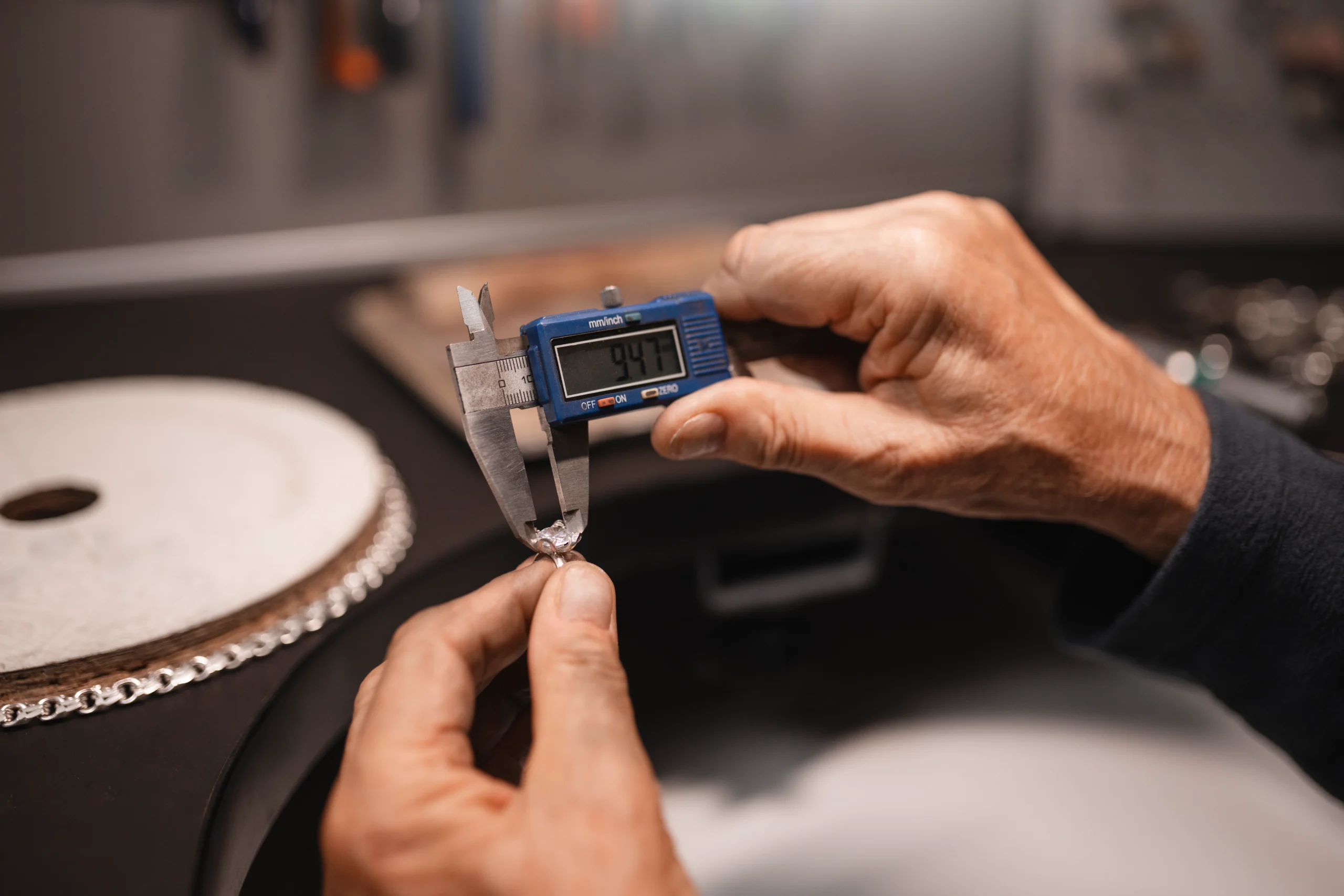In today’s industrial landscape, sustainability isn’t just a buzzword, it’s a responsibility. Sustainable calibration plays a crucial role in helping industries achieve energy efficiency, reduce waste, and maintain high standards of quality assurance. By ensuring that equipment operates accurately, companies in Saudi Arabia can optimize resource use, lower energy consumption, and contribute to a greener industrial ecosystem. Energy efficiency Saudi Arabia and green industry QA are no longer optional, they are key components of modern operational excellence.
Understanding Sustainable Calibration
Sustainable calibration involves precise adjustment and verification of industrial instruments with minimal environmental impact. It ensures that devices deliver accurate readings without excessive energy use, unnecessary material waste, or repeated recalibration cycles. By focusing on precision, industries reduce the risk of errors that can lead to overproduction, defective products, and excess energy consumption.
Incorporating sustainable calibration practices aligns with global environmental goals while supporting operational efficiency and product quality.
How Accurate Calibration Reduces Waste
Inaccurate instruments often lead to material wastage, production errors, and energy inefficiencies. For example, an improperly calibrated flow meter can result in overuse of raw materials, while misread temperature sensors may trigger unnecessary heating or cooling cycles. Sustainable calibration ensures that every measurement is correct, reducing waste, saving resources, and improving overall productivity.
By implementing routine and precise calibration schedules, companies can identify potential deviations before they become costly mistakes, supporting both sustainability and profitability.
Supporting Energy Efficiency in Saudi Arabia
Energy efficiency is a central concern for industries operating in Saudi Arabia. Energy efficiency Saudi Arabia initiatives focus on reducing electricity, gas, and fuel consumption without compromising production quality. Accurate calibration of industrial equipment plays a direct role in achieving these goals.
Well-calibrated instruments ensure that machinery operates at optimal efficiency, minimizing unnecessary energy use and reducing the carbon footprint. From power plants to manufacturing units, sustainable calibration helps companies achieve measurable energy savings.
Calibration’s Role in Green Industry QA
Quality assurance (QA) is essential for maintaining high standards in production, and green industry QA integrates environmental responsibility into these practices. Calibration ensures that quality checks are reliable, consistent, and precise.
By reducing errors, rework, and scrap, industries not only save costs but also minimize environmental impact. Accurate QA processes supported by sustainable calibration contribute to responsible manufacturing, eco-friendly product development, and a stronger corporate sustainability profile.
Benefits of Implementing Sustainable Calibration
Adopting sustainable calibration practices offers multiple advantages:
- Reduced Material Waste: Minimizes defective products and unnecessary raw material usage.
- Energy Savings: Optimizes equipment performance to lower energy consumption.
- Operational Efficiency: Prevents downtime and reduces maintenance frequency.
- Regulatory Compliance: Meets international environmental and quality standards.
- Corporate Responsibility: Demonstrates commitment to sustainability and ESG goals.
These benefits make sustainable calibration an essential strategy for modern industrial facilities.
Industries That Gain from Sustainable Calibration
Several industries in Saudi Arabia are directly benefiting from sustainable calibration practices:
- Oil & Gas: Optimizes flow and pressure monitoring while reducing energy waste.
- Power Generation: Enhances efficiency in turbines, generators, and meters.
- Water Treatment: Ensures precise chemical dosing and resource management.
- Manufacturing: Reduces scrap, improves production accuracy, and lowers energy usage.
- Pharmaceuticals: Maintains accurate quality control with minimal resource consumption.
Across all sectors, calibration supports both operational performance and environmental responsibility.
How Prime Innovation Drives Green Calibration
At Prime Innovation, we provide sustainable calibration services that help industries in Saudi Arabia achieve energy efficiency and eco friendly QA. Our certified engineers utilize advanced instruments and procedures to ensure equipment operates accurately while minimizing environmental impact.
We offer a range of calibration solutions for pressure gauges, flow meters, temperature sensors, and electrical devices, combining technical precision with sustainability-focused practices. By choosing our services, companies can align quality assurance with environmental stewardship.
Best Practices for Sustainable Calibration
To maximize the benefits of sustainable calibration, industries should follow these best practices:
- Implement a regular calibration schedule for all critical equipment.
- Use energy efficient and eco-friendly calibration methods.
- Maintain accurate records to track performance and compliance.
- Train staff on sustainable calibration practices and energy-conscious operation.
- Leverage technology for real-time monitoring and predictive maintenance.
These practices not only support sustainability but also improve operational reliability and cost efficiency
By implementing sustainable calibration practices, companies can ensure operational accuracy, minimize environmental impact, and achieve measurable energy efficiency. Combining technical precision with sustainability principles, industries in Saudi Arabia can thrive while supporting a greener, more responsible industrial future.






